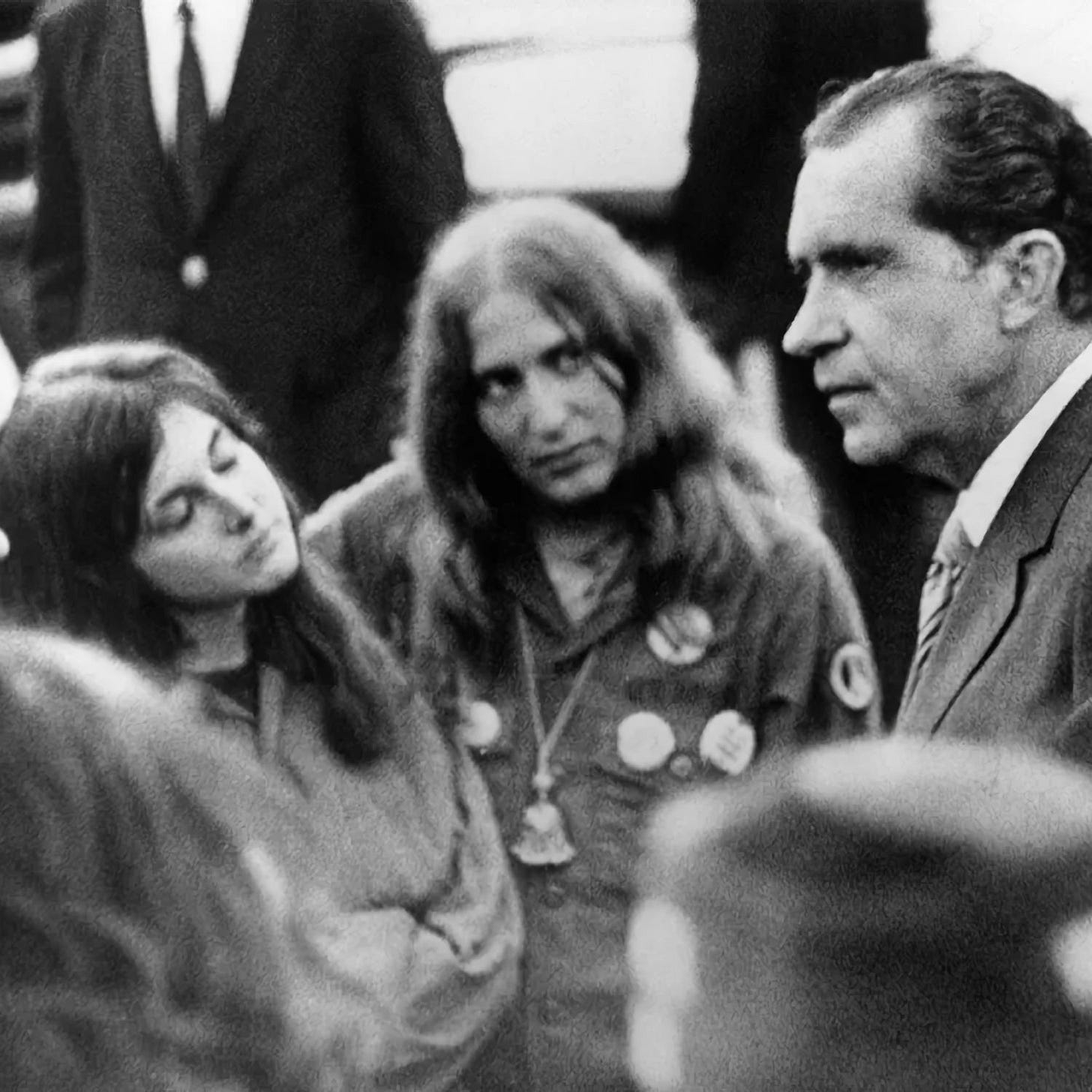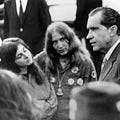
One thing about America that endlessly fascinates me is the role that optimism has played in its history.
Optimism is America’s defining trait, and the ultimate source of its strength. By charting optimism’s ebbs and flows, we can perhaps say something about America in the world, and hazard a guess or two as to where things might be heading in the wake o…
Keep reading with a 7-day free trial
Subscribe to Wisdom of Crowds to keep reading this post and get 7 days of free access to the full post archives.



